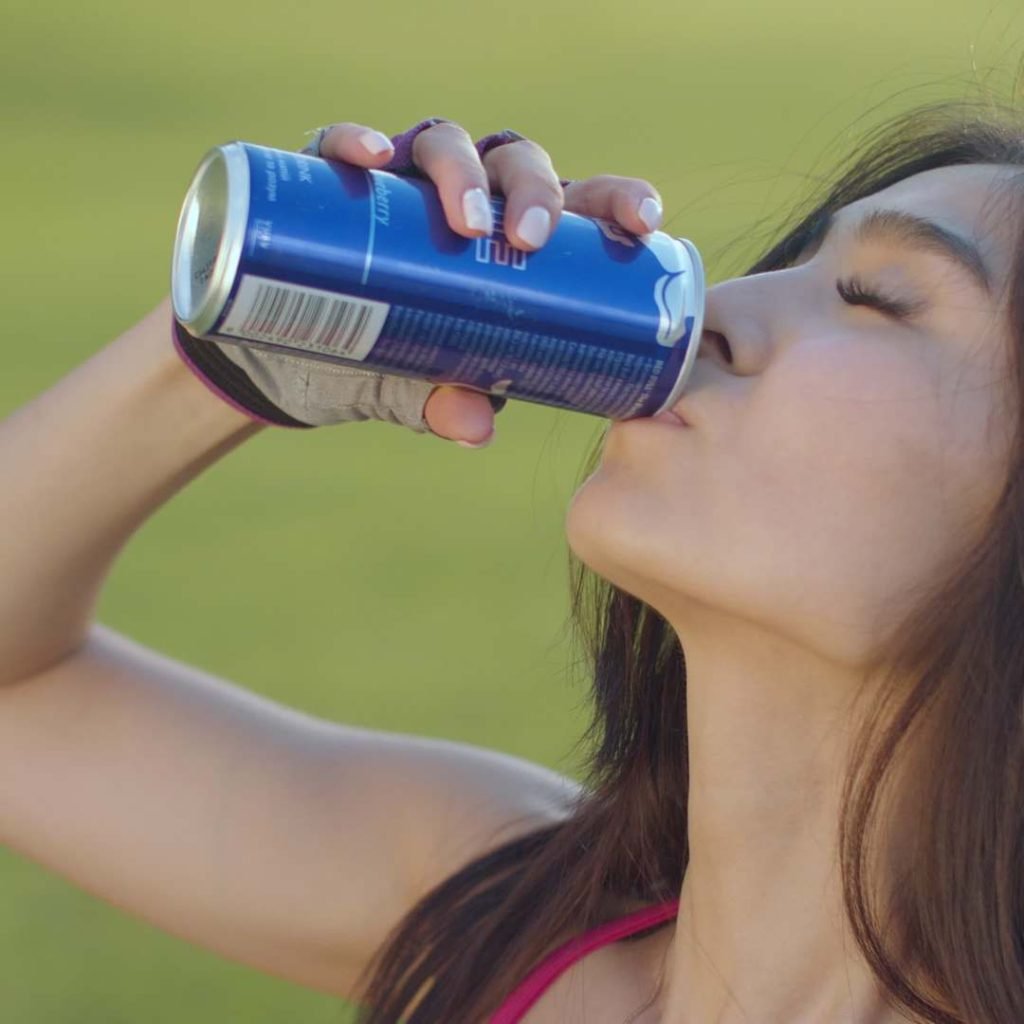High-Sodium Foods
Salt is essential for our bodies, but consuming too much sodium leads to water retention, making you feel bloated and puffy. Processed foods, fast food, and salty snacks are the biggest culprits. Reducing sodium intake and drinking more water can help flush out excess water weight.
Carbonated Drinks
That satisfying fizz in sodas, sparkling water, and beer comes from carbonation, which can lead to excess gas in the digestive system. This trapped gas causes bloating and discomfort. Opting for still water or herbal teas can help reduce bloating caused by carbonation.
Dairy & Food Intolerances
Lactose intolerance is a common cause of bloating. Many adults struggle to break down lactose, the sugar in dairy products, leading to gas, bloating, and stomach pain. If you suspect dairy is a trigger, try eliminating it or switching to lactose-free alternatives.
Processed Foods & Artificial Sweeteners
Highly processed foods often contain artificial ingredients that are difficult to digest. Sweeteners like sorbitol and xylitol, commonly found in sugar-free products, can lead to bloating and discomfort. Sticking to whole, natural foods can ease digestion and reduce bloating episodes.






